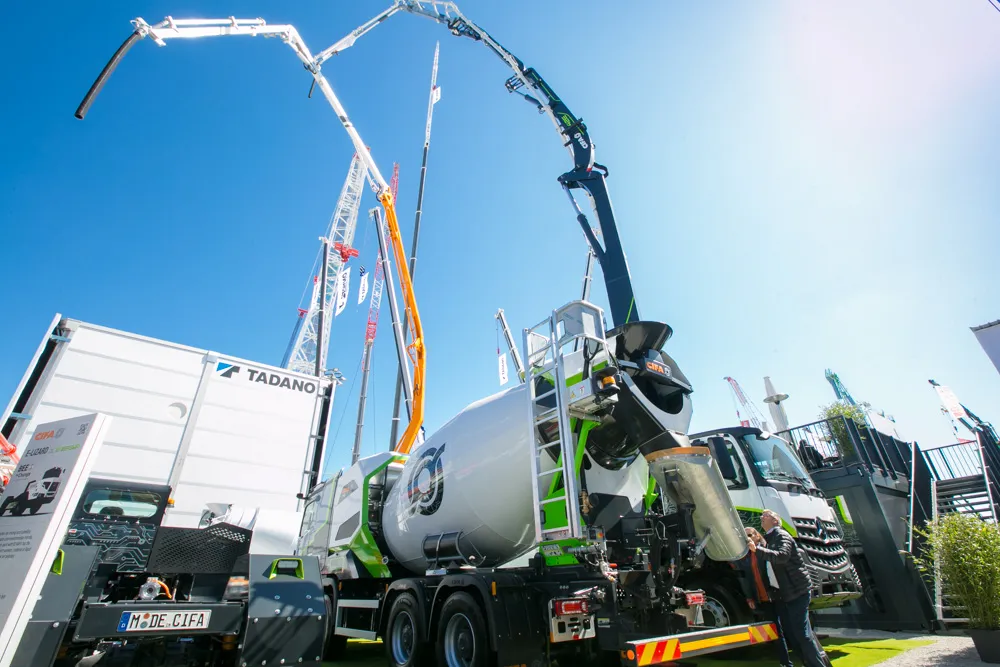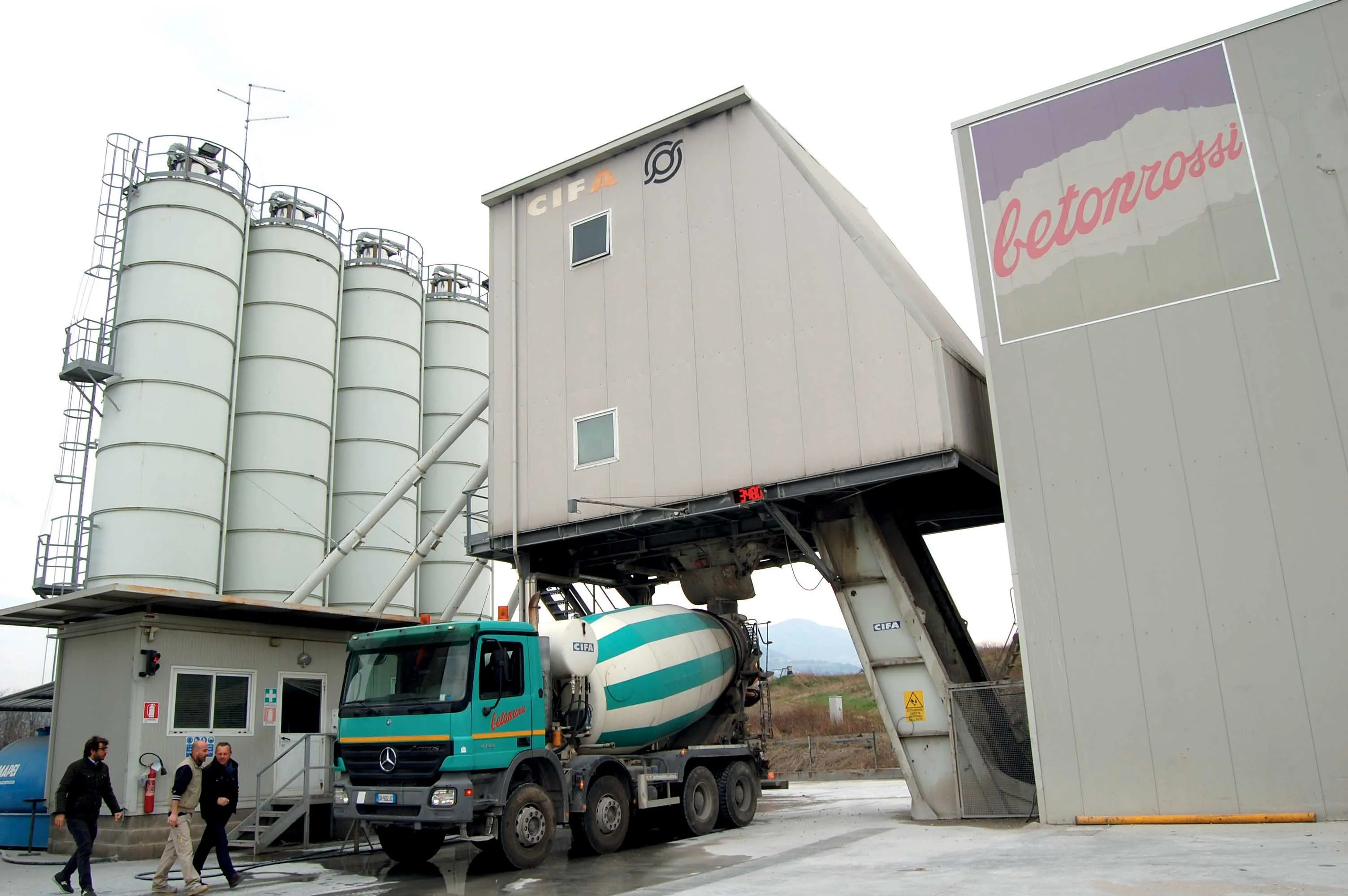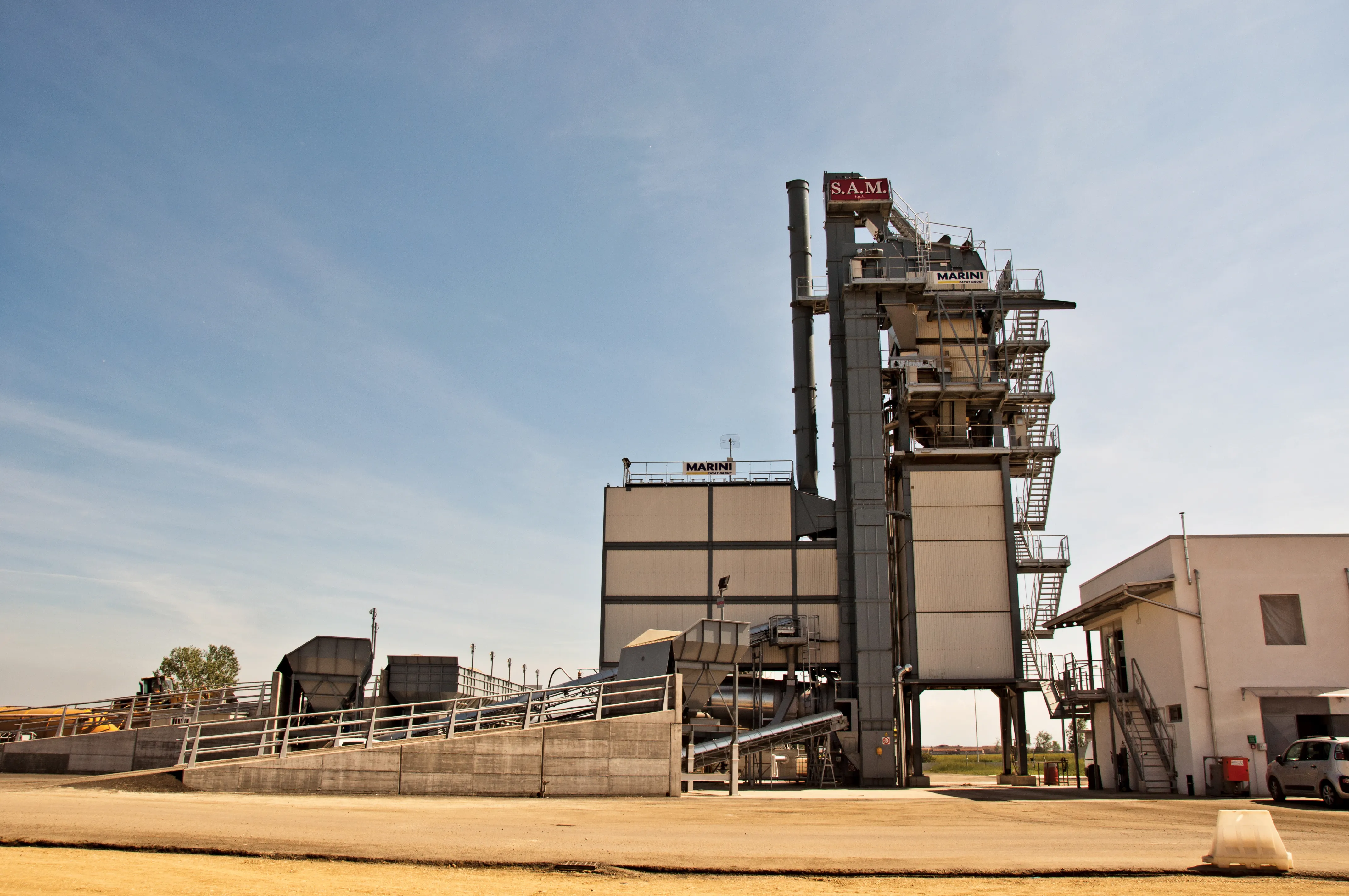
Cifa has added to its Energya range of electric plant with the new E10 concrete mixer. Pairing it with the new Mercedes-Benz eArocs 400 electric truck, Cifa offers the possibility of zero-emissions concrete delivery.
Since the mixer and truck are powered independently from different batteries, the mixer could be combined with any type of truck, explains Cifa CEO Davide Cipolla: “It may be more practical for the mixer to be mounted on a diesel or gas truck, which would still mean it could be zero emissions on the job site.”
While the pathway to wider electrification remains unclear, manufacturers need to provide lower emission solutions that are also viable for customers, says Cipolla, adding: “We need to find sustainable solutions that are sustainable for the market. It’s clear that the future in some way will be electric. But on the job site there are constraints, maybe due to a lack of charging infrastructure or because the costs are too high.”
In a handful of countries where there are government mandates or incentives, such as Sweden, Norway and the Netherlands, contractors are already deploying equipment from Cifa’s Energya range. For instance, the Energya K42E truck pump, which is powered by two electric motors, has been deployed on a city-centre site in Amsterdam.
However, developing the Energya range is important for Cifa because it allows the company to develop its expertise in electric plant. “Energya is a sort of laboratory that allows us to think into the future,” says Cipolla. “We understand that most markets are not ready now, but as a company, we need to think about it, we need to be ready for the future.”









